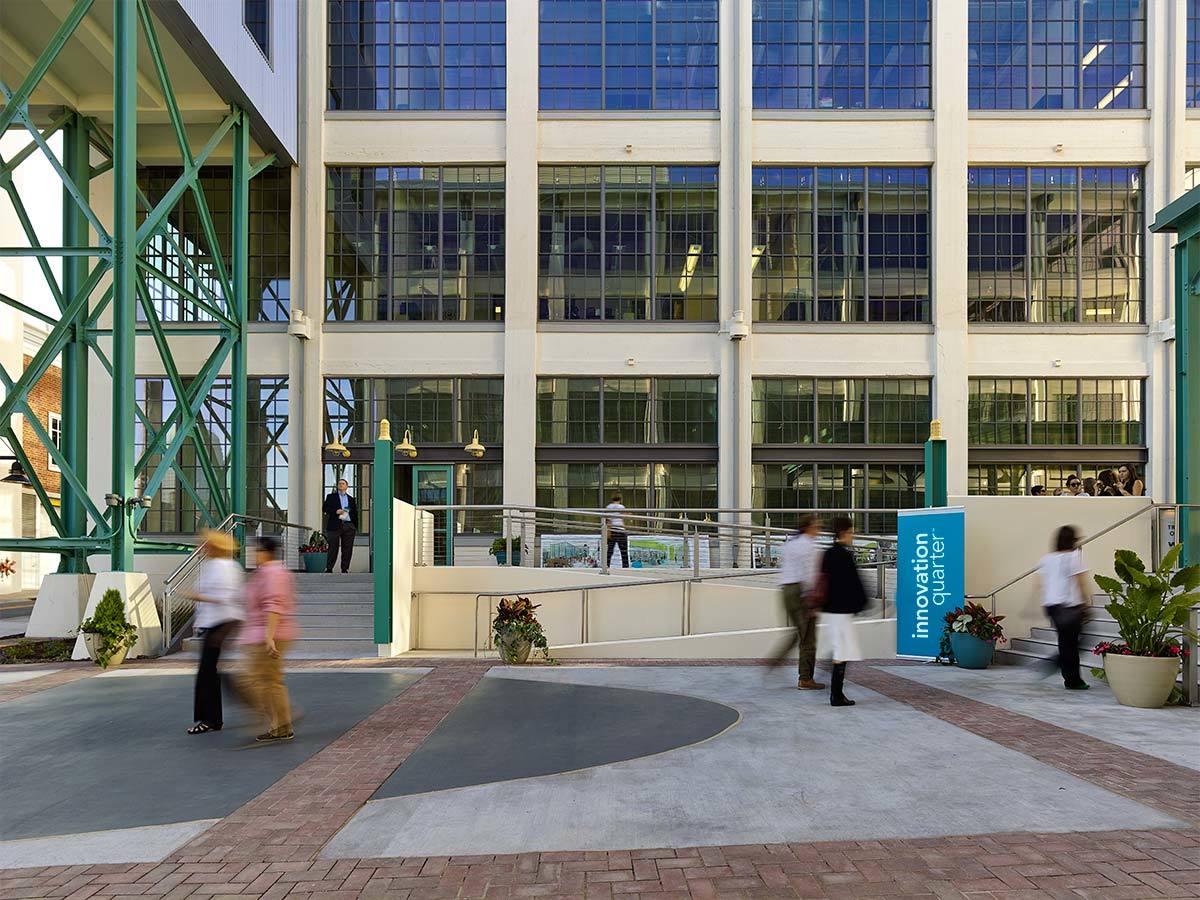Entrepreneurs put the “art” into startup. Since there’s no one right way to succeed as a startup, the people who launch startups are characterized by flexibility, adaptability and the ingenuity to make a business out of an idea.
The paths that entrepreneurs are taking to get into the game are changing. Here are three of the trends that entrepreneurs are riding right now:
Entrepreneurial Education
Students are increasingly interested in entrepreneurship as part of their education, and colleges and universities are answering that demand. A couple decades ago, few college courses covered entrepreneurship. Now over 1,600 universities and colleges provide courses related to the subject.
In addition to the thousands of courses on entrepreneurship available to interested students, academic institutions are weaving entrepreneurship through higher education curriculums. Increasingly, institutions are making resources like makerspaces, startup workshops and entrepreneur labs available to students.
The knowledge community of Wake Forest Innovation Quarter exemplifies the trend of entrepreneurial education. Here, students from Winston-Salem State University, Forsyth Technical Community College, Wake Forest University and Wake Forest School of Medicine receive innovative education and hands-on training in a place that is also a nexus of entrepreneurial activity.
Changing Demographics
Even though the Millennial generation outnumbers Baby Boomers among entrepreneurs, the numbers of entrepreneurs aged 55 to 64 is increasing, and Baby Boomers are twice as likely to initiate a high tech startup than a Millennial. This group—known as Encore Entrepreneurs—is gaining momentum, jumpstarting their own businesses, motivated by workforce changes or pursuing second careers.
Encore Entrepreneurs are not the only groups becoming more entrepreneurial. The percentage of Hispanic entrepreneurs in the United States has more than doubled in less than 20 years, and women-owned businesses—particularly African-American women-owned businesses—continue to be on the rise.
The Innovation Quarter provides a place for Encore Entrepreneurs—and others—to flourish. Flywheel Co-Working provides places for startups and entrepreneurs to set up shop, and programming by Flywheel and Forsyth Tech Small Business Center provide training and education. To complement these existing resources, Bailey Power Plant will soon feature space focused on minority-owned businesses.
Entrepreneurial Ecosystems
Increasingly, entrepreneurship occurs not in isolation or in silos, but through collaboration and community. Entrepreneurs are seeking out supportive environments that—through proximity—provide collaboration, culture and resources that spur entrepreneurial activity and reward innovative mindsets.
Within these entrepreneurial ecosystems, like-minded individuals find the encouragement and resources they need to pursue their unique approaches to business. The ecosystem generated by Innovation Quarter spans the life cycle of entrepreneurship from education and incubators to attracting new investment opportunities such as the Dioko Fund.
And then there is the natural by-product of innovative people rubbing shoulders. The Innovation Quarter is built on the concept of proximity and collaboration—building community not just workspace—that supports innovation and entrepreneurship. This concept is demonstrated by the variety of businesses and residents that chose to coexist in this space, through the development of recreation space like Bailey Park and the future Bailey Power Plant and with the implementation of programming—like Network Night and Lunch & Learn—that brings people together.
The art of entrepreneurship is finding creative avenues for success. People are finding their paths into entrepreneurship in new ways, and the Innovation Quarter is giving entrepreneurs in the Piedmont Triad a stage on which to develop their craft.



